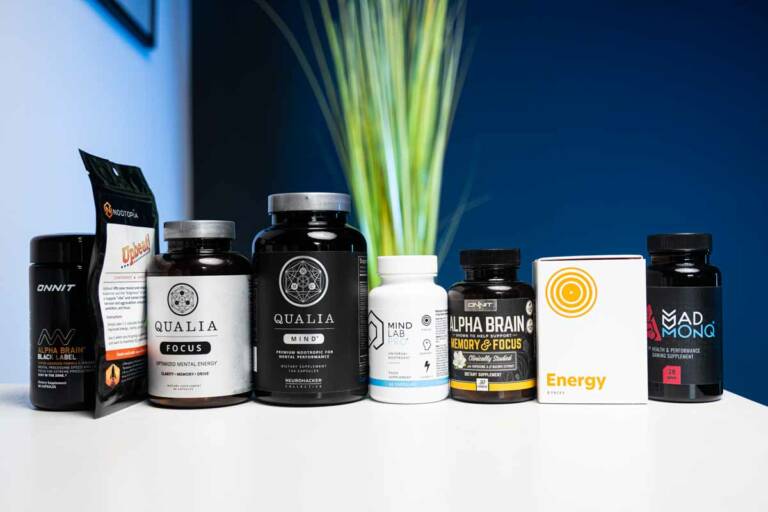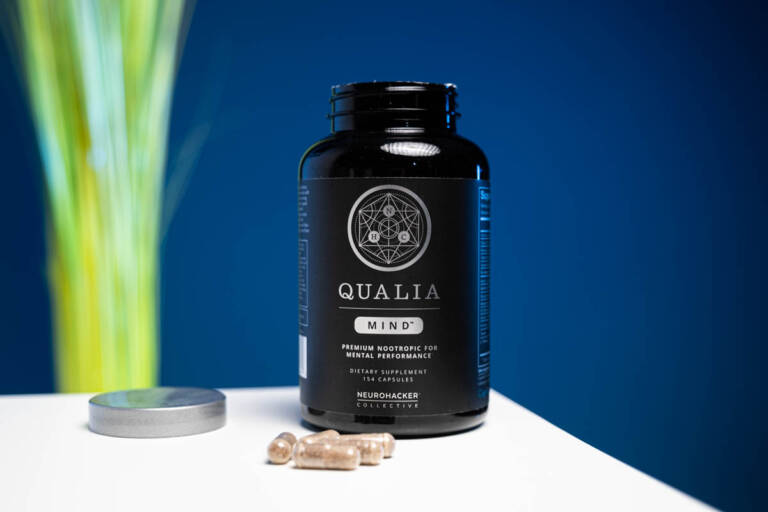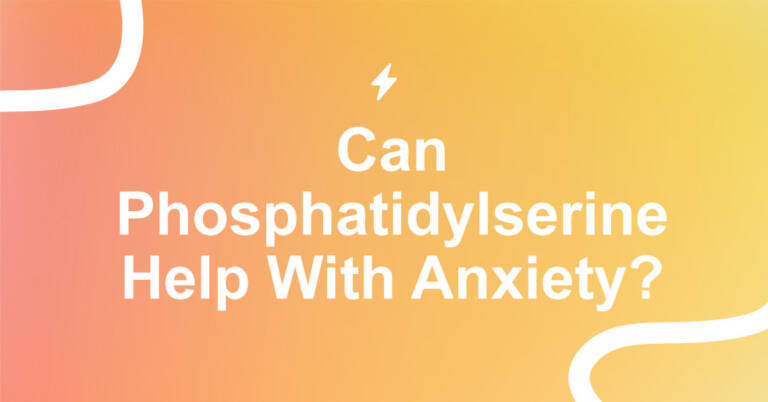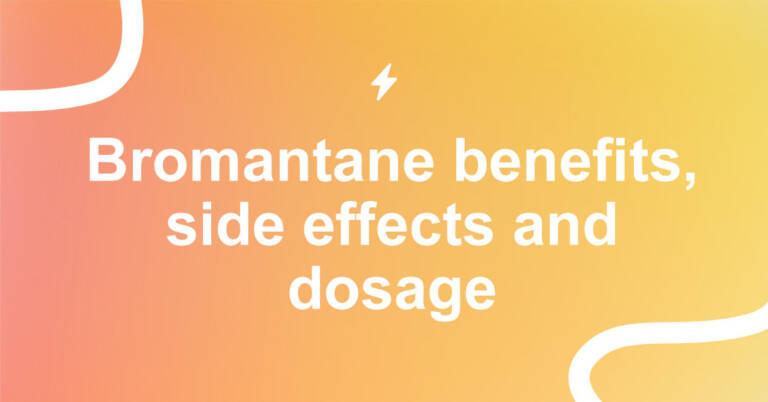Fatigue, stress, and mental exhaustion are all common occurrences for most people and many people turn to coffee for a quick fix to these problems.
But while coffee is great, it does present certain stimulant effects. Instead, there is a more natural solution to these issues in the form of an herbal supplement called Rhodiola rosea.
Rhodiola rosea offers these and other health benefits and the time it takes for the herb to work depends on what benefit you are trying to derive from its consumption. For instance, it will give you a quick energy boost for enhancing exercise performance but may take longer to work if you are trying to tackle stress.
Here, we will look at how long it takes for Rhodiola rosea to work in different conditions and how you can optimize your dosage to get the maximum benefits.

What Is Rhodiola Rosea?
As part of traditional medicine, Rhodiola Rosea is an adaptogenic herb that also goes by several other names such as rose root, Arctic root, and golden root among many others.
In the capacity of an adaptogen, Rhodiola rosea works like a natural substance that helps the body’s stress system adapt and resist physical, chemical, and environmental stressors.
The chemical makeup of Rhodiola rosea contains several biological compounds that impact the nervous system in stressful situations and improve physical and mental performance.
Working Mechanism
Data from animal and human studies suggest that Rhodiola rosea exerts its adaptogen properties through modulation of the central nervous system (CNS).
In particular, Rhodiola rosea seems to have a positive impact on the hypothalamic-pituitary-adrenal cortical (HPA) axis where it provides a rapid response to the central immune response system. The molecular mechanisms involved here are believed to play a critical role in modulating stress and the body’s ability to adapt to it. [*]
Rhodiola rosea extract contains about 1% salidroside, its most active biocompound, with the proposed benefits of providing protective effects against oxidative stress, apoptosis, and inflammation, while regulating the HPA axis, neural regeneration, neurotransmission, and the cholinergic system.
Rhodiola Rosea Benefits At A Glance
Rhodiola rosea’s ability to increase resistance to various stressors and help support the CNS gives it the status of an adaptogen. Plus, it also promotes mood regulation, enhances mental clarity, and stabilizes the sleep cycle.
As a nootropic, Rhodiola may help improve brain health and serve as a gentle treatment for certain mental health conditions including mental stress, anxiety, and milder forms of depression.
Rhodiola rosea may help fight both physical and mental fatigue as some research indicates that it can improve chronic fatigue symptoms after continued administration.
Rhodiola rosea may also increase resistance to stress symptoms and improve the body’s stress response as it can lower cortisol levels and improve adrenal health.
As an adaptogen, taking a Rhodiola rosea supplement sustains levels of certain neurotransmitters that can impact mood positively, abate anxiety, increase motivation, and foster the brain’s pleasure centers.
Rhodiola rosea is also used to improve exercise performance as it can increase red blood cell count, delivering more nutrients and oxygen to fatigued muscles and assisting with rapid recovery.
Some limited evidence indicates that Rhodiola may also possess anti-cancer potential given its abundant phenolic compounds. However, more research is needed to establish Rhodiola’s anti-carcinogenic potential.
It has also been studied as a possible treatment to control diabetes and lower blood glucose by increasing the number of glucose transporters.
How Long Does It Take Rhodiola Rosea To Work?
Studies show Rhodiola rosea to start working within 30 minutes of administration with its short-term effects lasting for at least four to six hours.
Rhodiola Extract For Stress
Studies on Rhodiola for stress management show that participants with stress who took 400 mg of the extract daily for four weeks showed improvements after just three days. Study participants experienced fewer stress-related symptoms including anxiety and exhaustion. [*]
In another similar study with 118 participants, people suffering from stress-related burnout took the supplement for 12 weeks. Study findings showed that taking Rhodiola extract improved several related factors such as stress, emotional instability, and insomnia after just one week of consumption. [*]
Findings from these studies show that the herb can start to treat stress-related symptoms in as few as three to seven days. Continued use tends to improve symptom management the longer Rhodiola’s adaptogenic properties are availed.
Rhodiola Extract For Chronic Fatigue
One study recruited 100 participants with chronic fatigue and gave them 400 mg of Rhodiola every day for eight weeks. Study findings showed that the subjects started experiencing improved levels after just one week of Rhodiola consumption. [*]
In another study involving 60 participants with stress-related fatigue, participants were given either 576 mg of Rhodiola or a placebo daily for four weeks. Study findings showed that Rhodiola positively affected levels in the control group as compared to the placebo group. [*]
Since fatigue is something that develops over time, it is only natural that it also takes time to wear off its symptoms. As such, you can expect Rhodiola to start reducing fatigue levels after taking it for one to four weeks.
Rhodiola Extract For Depression
One study compared the antidepressant benefits of Rhodiola extract and Zoloft (sertraline) which is an often-prescribed SSRI for anxiety and depression. Even though Rhodiola yielded fewer antidepressant effects when compared to Zoloft, it was better tolerated than prescription medications with significantly fewer side effects. [*]
Another earlier randomized, double-blind, placebo-controlled trial investigated the effects of the Rhodiola extract SHR5 in 89 patients with mild to moderate depression. Participants were given daily dosages of either 340 mg, 680mg or a placebo for six weeks.
Participants taking Rhodiola rosea in both dosage groups showed an improvement in depressive symptoms whereas the placebo group demonstrated no significant change. [*]
These findings show that when using Rhodiola for depression, users can expect to experience the drug’s anti-depressive potency within a few weeks of regular use at the right dosage.
Rhodiola Extract For Athletic Performance
One study administered 200 mg of Rhodiola extract or a placebo 2 hours prior to a cycling test. Findings from the study showed that people who took Rhodiola cycled for 24 seconds longer than others who took a placebo. [*]
To further investigate the effects of Rhodiola on exercise endurance, another study administered either Rhodiola or a placebo an hour before a six-mile simulated cycle race. Study findings showed that people taking Rhodiola finished the race significantly faster than others who were given a placebo. [*]
In these instances, it can be seen that Rhodiola can deliver results to improve exercise endurance even after one to two hours of consumption.
Rhodiola Extract For Improving Mental Performance
One study recruited students to take either Rhodiola or a placebo daily for 20 days to see its effect on mental focus. After 20 days students experienced less mental exhaustion, improved sleep, and increased motivation. [*]
Another study enlisted 56 nightshift workers to evaluate the effects of Rhodiola on cognitive function. Participants were given either 170 mg of Rhodiola or a placebo daily for two weeks. Results from the study showed that the Rhodiola group experienced less mental fatigue and improved performance as compared to their placebo counterparts. [*]
These studies indicate that taking a Rhodiola supplement daily can start to improve mental function within 14 to 20 days.
Rhodiola Rosea Dosage
Evidence from studies indicates that Rhodiola rosea products that have a dose range of 50 to 660 mg per capsule going up to a max cap of 1500 mg a day suggest a huge margin of safety. That being said, it is recommended to start small with Rhodiola rosea dietary supplements and then work your way up to assess your tolerance.
It is best to consider Rhodiola rosea extract that comes with 3% rosavin and 1% salidroside content for optimal results. Or, use an extract SHR-5 containing the recommended amounts of active ingredients.
A Rhodiola extract dosed at 340 mg when taken once or two times daily significantly reduced symptoms of mild to moderate depression after six weeks of treatment.
Other studies that have looked at its potential for improving physical performance indicate that doses of 200 to 680 mg a day can be administered safely.
Research on the herb for fatigue prevention suggests that 50 mg can be taken on a daily basis to regulate symptoms.
Up to 200 mg of Rhodiola rosea can be administered for stress management every day.
How To Take Rhodiola Rosea?
Because it is an adaptogen, Rhodiola rosea, like others in this category, takes time to present its effects. As such, experts recommend including the extract into your daily routine for optimal benefits.
It is recommended to take Rhodiola about 15 minutes prior to a meal to assist with better absorption but not before bedtime as it can present a somewhat stimulatory effect.
Some people report feeling Rhodiola’s effects in as little as a few days while others may take a couple of weeks to experience any difference. Clinical studies, however, show that the extract presents its full benefits in 30 to 40 days.
Is Rhodiola Rosea Safe?
Rhodiola Rosea appears to be safe and well-tolerated with few or no side effects. It is unlike other stimulants that do not regulate sleep, trigger rebound sleepiness, or express an addiction, abuse, or tolerance potential.
Although it does not seem to contraindicate with other traditional or prescription medications, it is helpful to know that Rhodiola may exert an addictive effect when used with substances that possess similar stimulant properties.
There is a warning for people with certain immune disorders as Rhodiola may stimulate the immune system and present some adverse side effects. A warning also goes for anyone having thyroid function issues.
As it may also lower blood pressure or blood sugar, people diagnosed with these conditions should only take Rhodiola supplements after consulting with their doctor.
Since dietary supplements like Rhodiola rosea are not regulated by the FDA, it is best to look for products that contain a USP or NSF seal indicating that the contents have been vetted by a third party.
Verdict
Rhodiola is a versatile adaptogen and multifunctional supplement that offers several benefits. Depending on the benefit that you want to achieve, you will need to modify the duration for which you take Rhodiola supplements.
For instance, for something like exercise endurance you should ideally take a Rhodiola supplement an hour or two before your workout session to get the desired results. However, for issues like overcoming stress and fatigue or improving mental performance, you will need to take it for longer as these effects come under Rhodiola’s long-term benefits.






